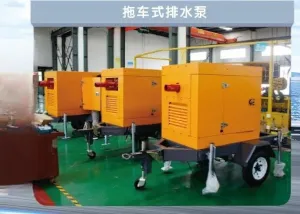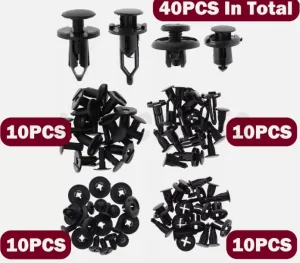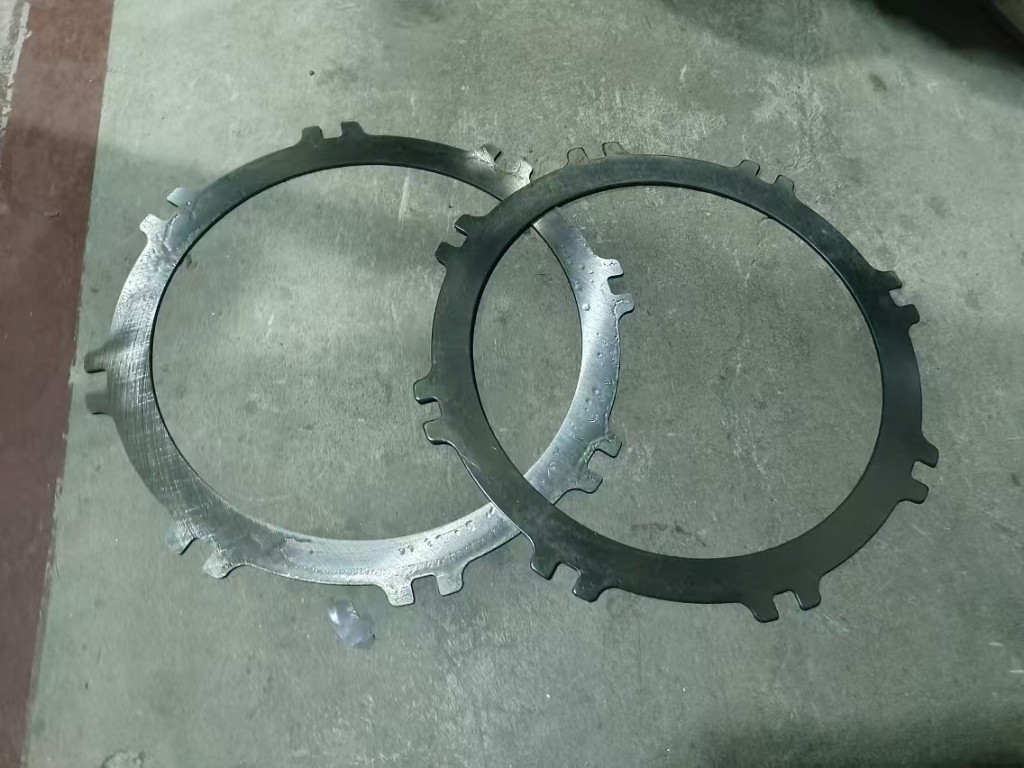Car knowledge: How much do you know about this killer of engines
Mobile phones will become stuck when you use them for a long time. The reason may be too much junk files. Cars will inevitably produce carbon deposits due to traffic jams, stop-and-go, and idle running. Excessive carbon deposition is also one of the three major killers of engines. The engine management system will alarm for lack of oil and will also alarm for lack of water. However, carbon deposition often does not alarm, but it will cause power attenuation, increase fuel consumption, engine jitter, and difficulty in starting.
1. What is carbon deposition?
When glue in fuel adheres to throttle valves, oil pipes, spark plugs and other components, it continues to accumulate in fuel injectors, valves, pistons, intake ports and other parts through repeated high temperatures of the engine to form hard carbon deposits. 2. How does carbon deposition occur?
①. The fuel quality is poor.
②. The engine is idling for a long time or stop-and-go state, and the speed is too low to form a good airflow scouring.
③. Long-term heating of the car in situ after starting the cold car will cause carbon deposition in the engine.
3. What are the hazards of carbon deposition?
①. Increase vehicle fuel consumption.
②. Causes power to decrease.
③. The vehicle shakes at idle speed.
④. Exhaust emissions exceed the standard.
④. Difficult to start cold cars.
6. When carbon deposition is serious, it will also cause strain on the piston and cylinder of the engine. 4. How to prevent, reduce and remove carbon deposits?
①. Increase the quality of gasoline, but you often have no choice for the oil at the gas station.
②. Stop and idle for a long time, pay attention to methods when heating up the car (idle in place for less than ten seconds after the vehicle is started, and drive slowly at a constant speed for a certain distance).
③. Regularly run at high speeds or increase the engine speed, and use airflow to wash to reduce carbon deposits.
④. The most conservative, effective, time-saving and money-saving way to remove carbon deposits is to regularly clean the fuel and intake system.
1. What is carbon deposition?
When glue in fuel adheres to throttle valves, oil pipes, spark plugs and other components, it continues to accumulate in fuel injectors, valves, pistons, intake ports and other parts through repeated high temperatures of the engine to form hard carbon deposits. 2. How does carbon deposition occur?
①. The fuel quality is poor.
②. The engine is idling for a long time or stop-and-go state, and the speed is too low to form a good airflow scouring.
③. Long-term heating of the car in situ after starting the cold car will cause carbon deposition in the engine.
3. What are the hazards of carbon deposition?
①. Increase vehicle fuel consumption.
②. Causes power to decrease.
③. The vehicle shakes at idle speed.
④. Exhaust emissions exceed the standard.
④. Difficult to start cold cars.
6. When carbon deposition is serious, it will also cause strain on the piston and cylinder of the engine. 4. How to prevent, reduce and remove carbon deposits?
①. Increase the quality of gasoline, but you often have no choice for the oil at the gas station.
②. Stop and idle for a long time, pay attention to methods when heating up the car (idle in place for less than ten seconds after the vehicle is started, and drive slowly at a constant speed for a certain distance).
③. Regularly run at high speeds or increase the engine speed, and use airflow to wash to reduce carbon deposits.
④. The most conservative, effective, time-saving and money-saving way to remove carbon deposits is to regularly clean the fuel and intake system.
Hot Information
Tesla Autopilot and similar automated driving systems get ‘poor’ rating from prominent safety group
 April 1, 2024
April 1, 2024 Localization of EV parts without production scalability may not help cut EV price, says President, Amara Raja
 March 27, 2024
March 27, 2024 
JCTSL may turn bus stands into charging points for e-buses
 March 27, 2024
March 27, 2024 You May Like











